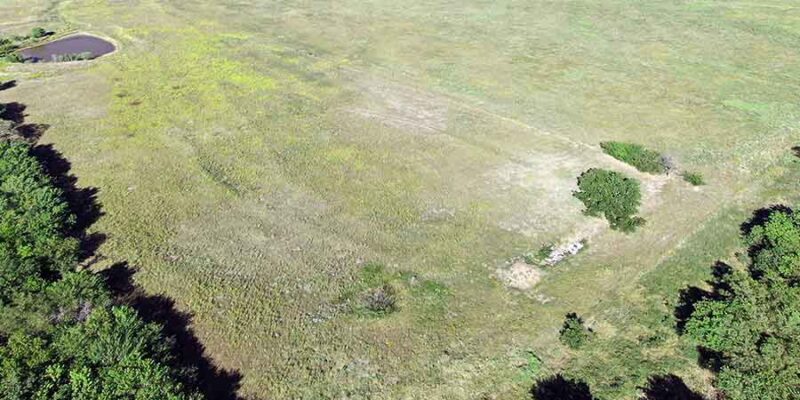In the real estate auction world, CJ Real Estate continues to set the standard for excellence, helping land buyers find ranch and rural properties while ensuring land sellers achieve the best possible price-per-acre. With the launch of their enhanced website, CJ Real Estate is making waves in the market.
Real estate buyers often face challenges when searching for rural land parcels. “Helping connect rural land sellers and buyers is what we do,” said Eric Johnson, owner of CJ Real Estate. “Constantly improving our process helps us maintain our edge as the industry leader. That’s why we continually invest in world-class technology that makes it easier for buyers to find what they want so that sellers can realize maximum sales price.”
The CJ Real Estate team has a long history of delivering maximum value for property owners and trustees across the south-central plains. John O’Brien of Northern Trust Company shared his experience, “We are absolutely impressed, and our clients are thrilled,” he said, referring to a sale where CJ Real Estate sold 280 acres for 131% above the pre-sale estimate. Recent sales continue to demonstrate the power of auction, with CJ Real Estate achieving record-breaking prices for land across Oklahoma and neighboring states. Marty Powers, owner of an 80-acre farmland in Enid, Oklahoma, remarked, “Results – that’s why I trust CJ Auctions to sell my land. They’ve exceeded my expectations in past sales. Now they’ve brought the highest price-per-acre that anyone can remember for my farmland.”
The impact of CJ Real Estate’s technological advancements is evident. Chris Lowers, President of Grey Partners, reported, “Over the first 90 days, our core website update for CJ Real Estate increased average daily traffic by 852%, reduced the average bounce rate by 59%, and quarterly conversions tripled.”
Eric Johnson added, “In today’s market, where demand for rural land is surging, our streamlined process ensures that sellers get the best possible price for their property. We’re committed to leveraging technology and our expertise to benefit both buyers and sellers.”
About CJ Real Estate
CJ Real Estate specializes in selling ranch and residential real estate across Oklahoma, Texas, Arkansas, Missouri, Kansas, and Colorado. Led by Eric Johnson and Ronn Cunningham, the CJ Real Estate team excels in complex acreage sales, typically dispersing assets in 45 days while outperforming market conditions. What sets CJ Real Estate apart is their commitment to giving sellers more control through unbiased advice and the opportunity to choose the real estate sale method that’s best for them: auction or listing.
Media Contact:
Eric Johnson
1.918.550.8118
Info@CJ-RE.com
Source: Cunningham-Johnson Real Estate










